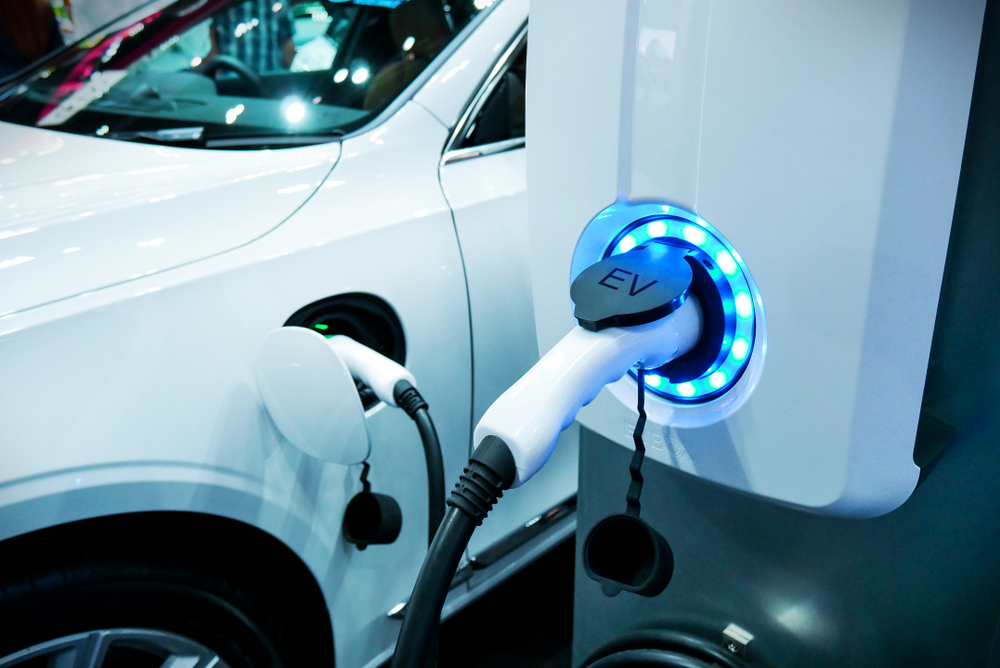Electric vehicles and hybrids are becoming more and more common. And while there are many cost benefits to getting a new electric vehicle, one thing that needs to be considered is the cost of charging an electric vehicle. Both businesses and homeowners are installing electric vehicle charging stations that allow vehicles to charge when not in use. If you do not have access to a charging station you will need to charge your vehicle at a secondary location. While this isn’t a huge issue, since most of us are used to getting our gas at a gas station, not every gas station has charging stations. In order for an electric vehicle to be useful, you need access to EV charging stations.
How Much Power Does It Take To Charge an Electric Vehicle
If you are planning to get an electric vehicle, you might want a charging station for your home. Or if you have a business and your employees use electric vehicles, you might want to provide them with charging stations as a perk. But you should consider how it will affect your electrical bill as well as whether or not your existing electrical system can handle it.
First and foremost, let’s talk about how much power it is going to take to charge your car. Because while we all want to stop paying for expensive gas costs, it is important to get to the bottom line of the costs of electric vehicle charging. On average, an EV takes gets 3 to 4 miles per kWh (kilowatt hour). This means if you drive an average of 25 miles a day, you will need an average 8 kWh worth of power each day. According to electrical records the average American home uses around 30 kWh per day to power lights, appliances, and HVAC systems. So with the earlier numbers, this would represent a 25% increase in electrical costs. But this isn’t the only thing to consider.
Can My Home Electrical System Support an EV Charger?
Another thing we must consider is whether or not your home’s existing electrical system is poised to support this new appliance. Many older homes have issues with new appliances or HVAC systems because they were not designed with such a high electrical load in mind.
How Much Does It Cost To Install An EV Charger For A Home?
When getting an electric vehicle charger installed in your home or business costs will be dependent on the type of charger you get, labor costs, and whether or not other electrical work will need to be done. If your home cannot handle an electrical vehicle charger you may need to have your system upgraded so that it can handle it. You might want to consider hiring an electrician for an inspection first to get a full estimate of the total cost of the project before you begin the project. A quick inspection from a qualified electrician is a great way to prevent issues down the line.
Get EV Charging Stations & Inspections in Greater Boston
Cardoso Electrical Services provides electrical inspections as well as EV charging stations for both homes and businesses. Give us a call for more information.

